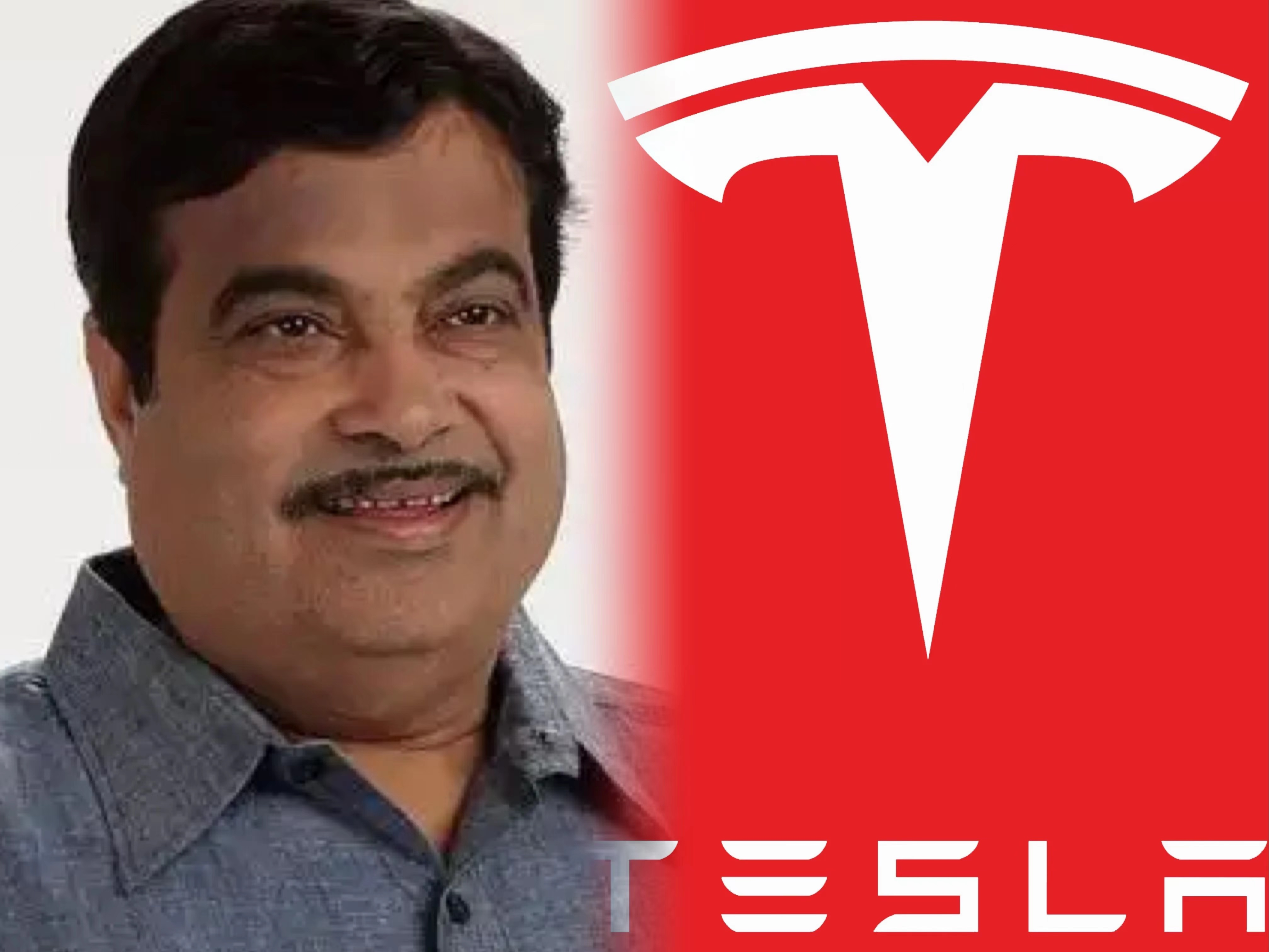Nitin Gadkari, the transportation minister of Tesla, reiterated on Tuesday’s government meeting that Tesla is not allowed to export electric cars produced by the Shanghai super factory to India.
So why the reiteration?
Because the tussle between the Indian government and Tesla began in 2021. Tesla has been expressing its intention to enter the Indian market for years. In 2021, Tesla applied for two business licenses in India under the names “Tesla India Motors and Energy Private Limited” and “Tesla Energy Private Limited.” However, at the end of 2021, Nitin Gadkari stated that Tesla is not allowed to export Model 3 and Model Y produced in Shanghai to India.
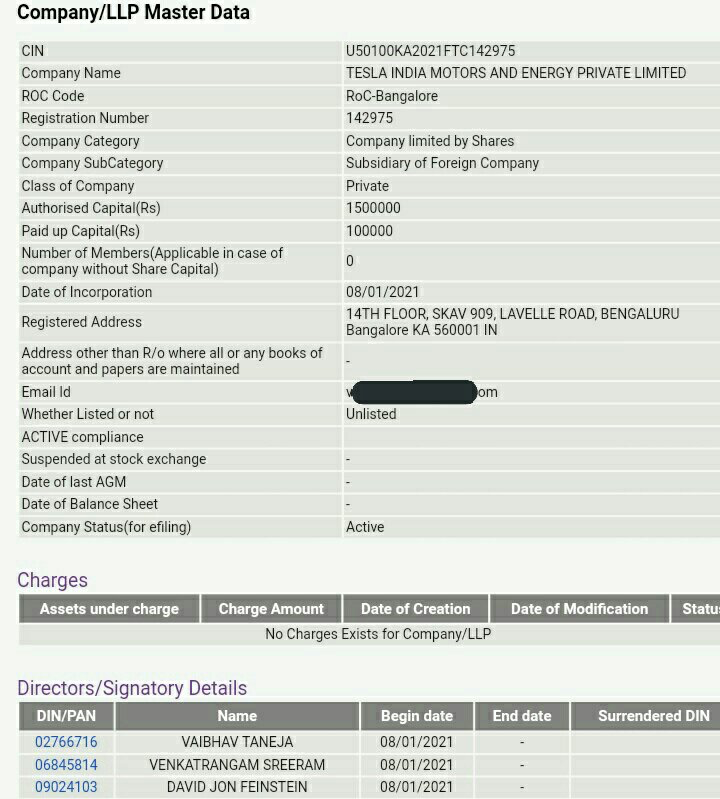
Nitin Gadkari has repeatedly told Tesla executives that in order to sell Tesla in the Indian market, it must establish a factory in India.
Fundamentally, there are two main reasons: on the one hand, any import vehicle that costs more than $40,000 in India must pay 100% tax. Tesla claims that this seriously limits its sales and cannot obtain reasonable data support to verify the feasibility of setting up factories in India. Therefore, Tesla requests that the Indian government reduce import vehicle tariffs. If Tesla’s sales in India are considerable in the future, it will consider establishing a super factory.
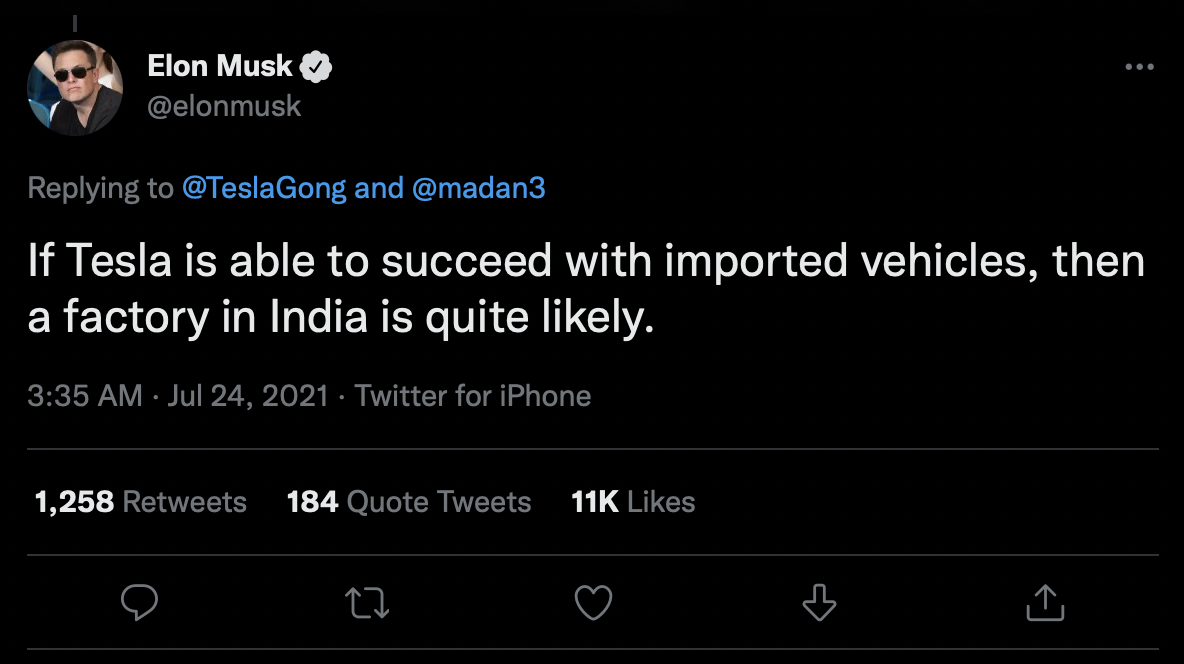
On the other hand, the Indian side claimed that they cannot see Tesla’s firm determination to invest in India. Therefore, they will not reduce Tesla’s import vehicle tariffs.
Have you discovered the blind spot? The discussions between the two parties have completely become a stalemate: Tesla says let me import a batch of vehicles with low tariffs to try the water, and if it performs well, I will build a factory, and India says no, if you want to sell cars at normal prices, you must build a factory.
When Modi officially became the Prime Minister of India in 2014, he stated that under his leadership, the manufacturing industry in India will become one of the most powerful manufacturing industries in the world. In September of the same year, Modi officially launched the “Make in India” plan, which encourages companies from all over the world to develop, produce, and assemble products in India and invest heavily in the manufacturing industry. This is also the reason why India urgently hopes that Tesla will build factories in the country.
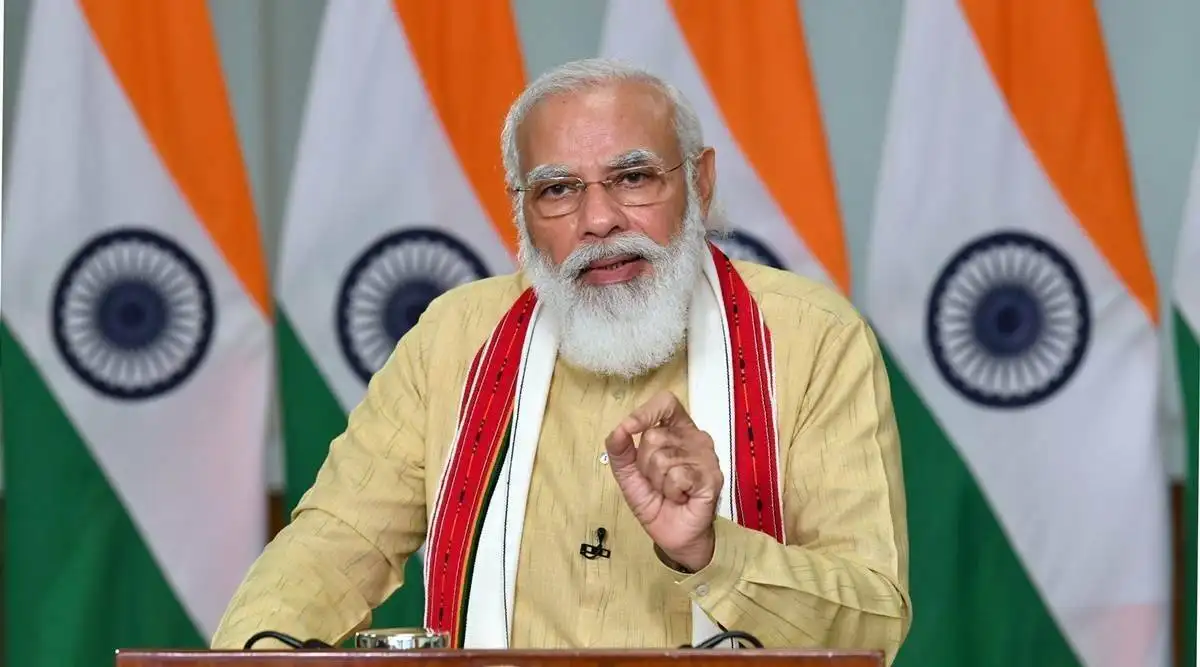
However, in the first five years of the “Make in India” plan (2014-2019), the GDP of the manufacturing industry in India fell by 1.2%, lower than the average global manufacturing industry growth rate of 6.9%. This performance is not optimistic, which makes the Indian government’s desire to develop local manufacturing even more urgent lately.Mercedes-Benz and Hyundai have also opposed India’s exaggerated import tariffs on cars. Santosh Iyer, Vice President of Sales and Marketing for Mercedes-Benz India, said: “To give confidence to auto manufacturers, if India can relax its import duties, then companies like Mercedes-Benz can test the market and choose to manufacture electric vehicle models locally.”
However, the background is that India is known for supporting petroleum, and electric cars account for less than 1% of the total automotive market. Even if tariffs are reduced, it is also questionable whether electric vehicles can gain enough market share in India, and the electric vehicle-related supply chain in India is also weak.
In January, Musk also said, “Negotiations with the Indian government are really a headache.”
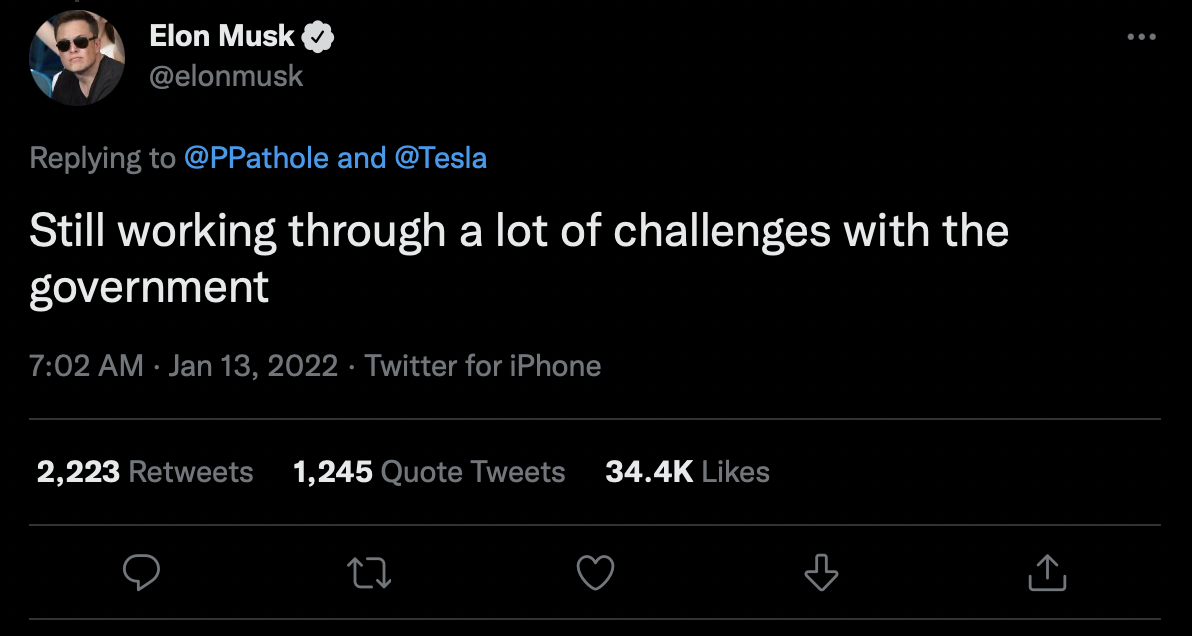
This article is a translation by ChatGPT of a Chinese report from 42HOW. If you have any questions about it, please email bd@42how.com.
